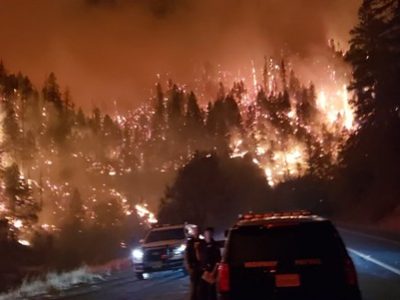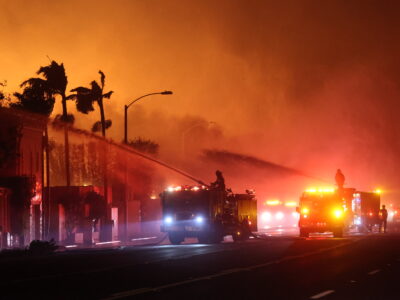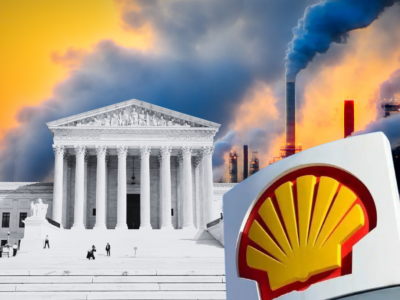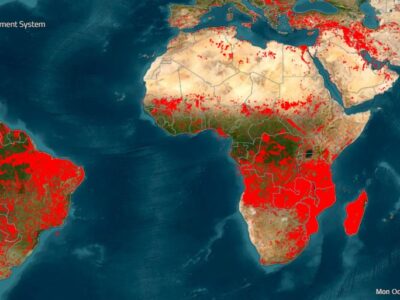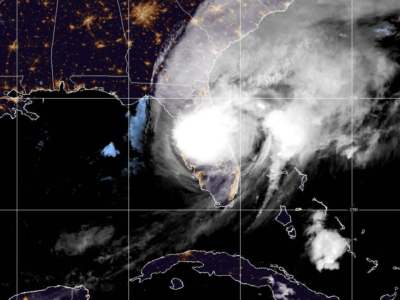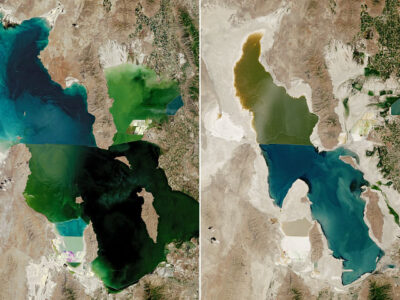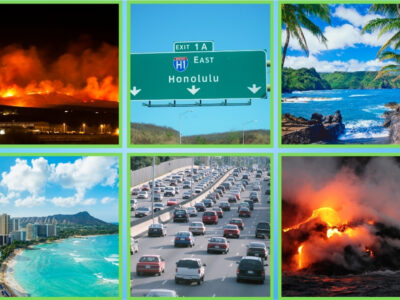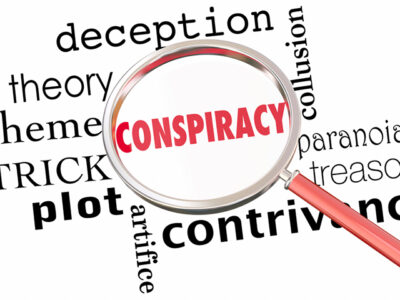Disasters
Saving Disaster Law From the Imperial Presidency
Trump’s efforts to deconstruct disaster relief have serious legal flaws
In recent days, Trump has said that he won’t provide relief for the LA fires unless California changes its voting laws and its water regulations. And he also suggested that he’d like to abolish FEMA entirely. The first of those proposals seems clearly unconstitutional. The second one is both a terrible idea and beyond his legal authority.
CONTINUE READINGDid California Policies Make the LA Fires Worse?
California’s environmental and climate regulations did not make the climate-fueled Palisades and Eaton fires more destructive or harder to fight. Here’s why.
We know climate change is partly to blame. Are California’s environmental policies regarding land and water management also to blame for the supercharged firestorm that has ravaged Los Angeles? It’s not just conspiracy theories on social media or misguided news stories; that’s the position of some congressional Republicans and President-elect Trump, who hold power over future …
Continue reading “Did California Policies Make the LA Fires Worse?”
CONTINUE READINGHuge Snub for Big Oil at the Supreme Court
Oil companies failed to persuade the justices to shield them from the growing number of state lawsuits seeking damages for the harms caused by climate change.
Big Oil has failed to persuade the U.S. Supreme Court to shield it from numerous state climate lawsuits filed across the country seeking damages for the harms caused by climate change — harms like the historic, supercharged urban fires burning in Los Angeles. The justices held a conference on Friday, January 10 to determine whether …
Continue reading “Huge Snub for Big Oil at the Supreme Court”
CONTINUE READINGA Crisis in Climate Communications
Deadly windstorms, wildfires, and hurricanes constitute something more horrific than just “climate change.”
What’s best for communicating urgency: phrases like “global warming” and “climate change” or “climate crisis” and “climate emergency”? What do audiences take away from these semantic choices? Does it matter what words we use? What about when the entire nation is watching a series of wildfires engulf Los Angeles, fueled by unusually dry vegetation during …
Continue reading “A Crisis in Climate Communications”
CONTINUE READINGGovernors Present Bold Vision for Investing in a New Forest Economy
As global leaders gather in Cali for COP16 and devastating fires continue across the Amazon, we should look to subnational groups for solutions to both the climate and biodiversity loss crisis.
The world has continued to watch as fires burn – yet again – across much of the Amazon basin. With historic droughts and ongoing lack of resources to tackle these fires and their underlying causes, they have ravaged millions of hectares of forests, communities, and wildlife habitat in Bolivia, Peru, Brazil, and beyond. These fires, …
Continue reading “Governors Present Bold Vision for Investing in a New Forest Economy”
CONTINUE READINGHurricane Milton and this Climate Moment
We’re witnessing the collision of extreme weather, climate science, national news and politics. The question of “Who pays for climate disasters?” is about to become even more important.
When President Biden addressed the nation yesterday from the White House, he warned that Hurricane Milton could be one of the most destructive storms in more than a century, but he stopped short of explaining why — that climate change, fueled by our burning of fossil fuels, is making oceans warmer and storms stronger, capable …
Continue reading “Hurricane Milton and this Climate Moment”
CONTINUE READINGThe Walz-Vance Debate and Environmental Policy
After Hurricane Helene, Vance and Walz were pressed on climate change during the VP debate. Here’s everything they said on energy and the environment.
The subject of climate-fueled disasters figured prominently in the vice presidential debate. The CBS News moderators asked a question about climate change within the first few minutes, although the multi-faceted answers weren’t always factual and much of the post-debate discussion in newsrooms and spin room interviews centered on contentious yet civil exchanges on immigration and …
Continue reading “The Walz-Vance Debate and Environmental Policy”
CONTINUE READING“Salt Lakes in Crisis: Legal Responses to Ecological Catastrophes”
Upcoming U.C. Davis Law Review Symposium To Provide Interdisciplinary Focus On Threatened Western U.S. Lakes
On Friday, September 20th, the student-run U.C. Davis Law Review will host a most timely conference examining an environmental crisis facing many of the American West’s iconic “terminal lakes.” That term refers to lakes that have no natural outlet. For many years, protracted droughts and human diversions from freshwater rivers and streams feeding those lakes …
Continue reading ““Salt Lakes in Crisis: Legal Responses to Ecological Catastrophes””
CONTINUE READINGThe Hawai’i Youth Climate Trial
Thirteen youth plaintiffs say the Aloha State is failing to live up to its ambitious climate goals. Here’s what to watch for as Navahine v. Hawaiʻi Department of Transportation goes to trial this month.
Last summer, many Americans were glued to the events unfolding in Maui as a raging inferno overtook the town of Lahaina, trapping thousands and killing at least 99 people. This summer, we’ll see 13 youth plaintiffs in Hawaiʻi take the state’s Department of Transportation to court for allegedly failing to implement climate policies meant to …
Continue reading “The Hawai’i Youth Climate Trial”
CONTINUE READINGDid the COVID Response Poison the Well for Climate Action?
Sadly, the answer may be yes, at least for one conspiracy-minded segment of the population.
One meme that seems to be popping up is that the “evils” of the COVID response reveal some dark reality behind climate policy. Whatever its roots, these dark fantasies threaten the welfare of current and future generations.
CONTINUE READING



